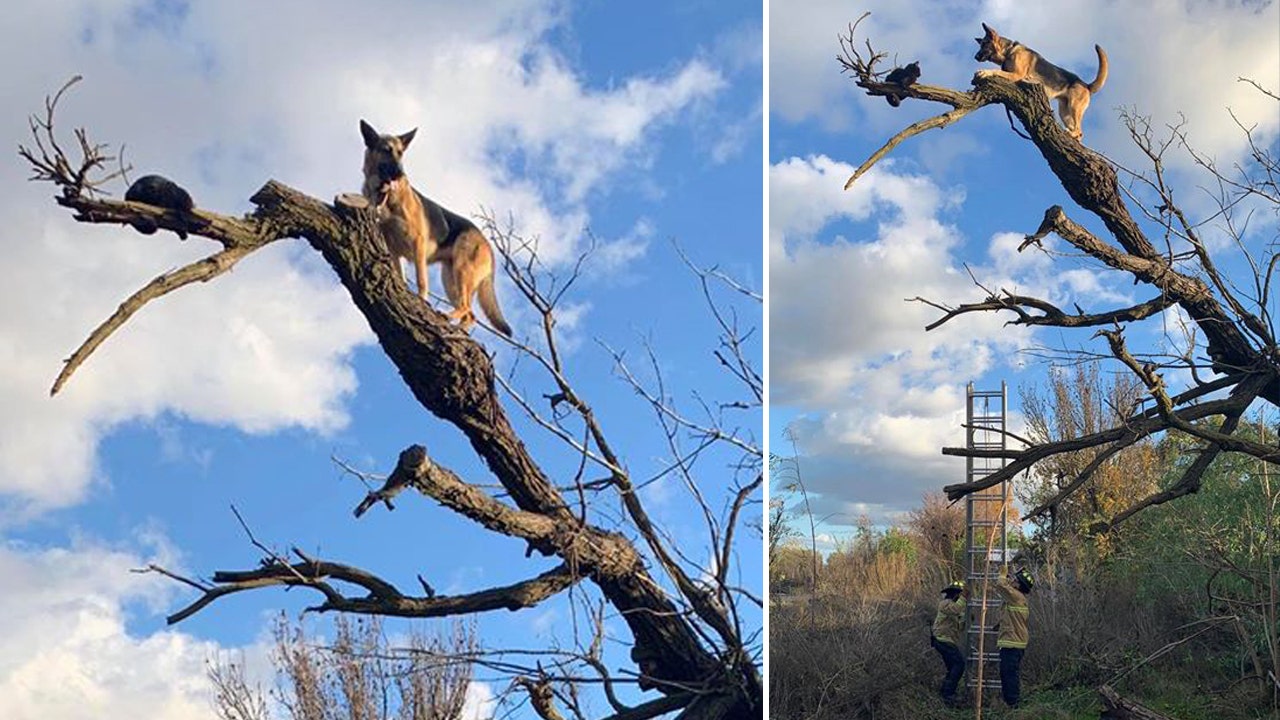- Joined
- Apr 18, 2016
- Member Type
- Student or Learner
- Native Language
- Korean
- Home Country
- South Korea
- Current Location
- South Korea
I have other questions.Cats can climb trees. Mine one held onto a trunk of a tree in an effort to ambush a squirrel. (He missed.) As for dogs, no. Dogs don't climb trees.
1. I wonder about the reason "a trunk" was used instead of "the trunk".
2. I wonder about the reason "mine one" was used instead of just "mine".
Last edited:

